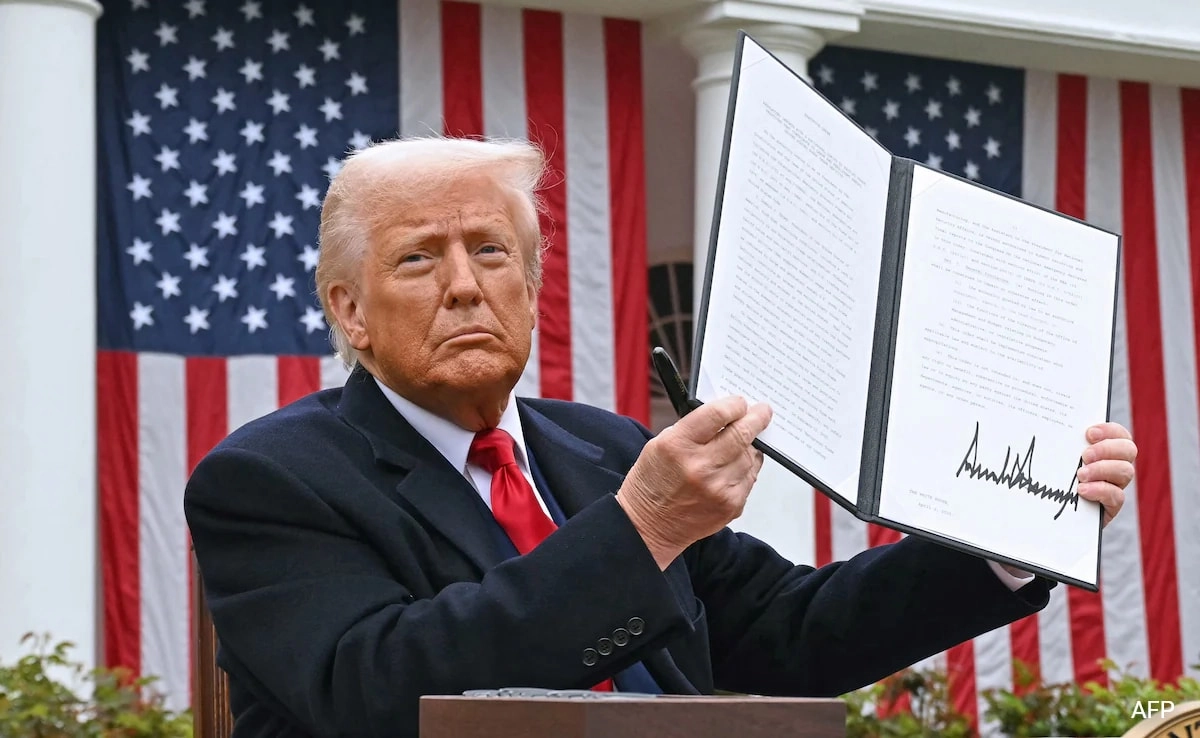The recent imposition of a 26% tariff by the United States on various products imported from India is set to have significant repercussions for domestic players in the Indian market, according to a leading exporters’ body. This tariff hike is expected to increase the cost of Indian goods in the U.S. market, making them less competitive compared to products from countries that do not face such high tariffs. The exporters’ body has expressed concerns that this could lead to a decline in Indian exports to the U.S., which is one of India’s largest trading partners.
The impact of these tariffs is likely to ripple through multiple sectors, particularly those that heavily rely on exports to the U.S. market. Industries such as textiles, electronics, and pharmaceuticals may experience a downturn as their products become more expensive for American consumers. This could not only reduce overall sales but also pressure domestic manufacturers to cut costs, potentially leading to job losses and reduced investment in these sectors. The exporters’ body has urged the Indian government to engage in diplomatic discussions with U.S. officials to address and possibly mitigate the tariff situation.
Moreover, the rise in tariffs could also compel Indian exporters to rethink their strategies. Many may look to diversify their markets to reduce reliance on the U.S., exploring opportunities in other regions such as Europe, Africa, and Southeast Asia. While this could open new avenues for growth, it requires investment in market research and development, which may not be feasible for all exporters, particularly small and medium enterprises. The situation underscores the need for a robust support system from the government to help affected businesses adapt to these changes.
In summary, the 26% tariff imposed by the U.S. on Indian goods poses a significant challenge for domestic exporters. The potential decrease in competitiveness could have far-reaching effects on various industries, ultimately impacting employment and investment in India. It is crucial for the government and relevant stakeholders to take proactive measures to address these challenges and support the export sector in navigating this complex landscape.




